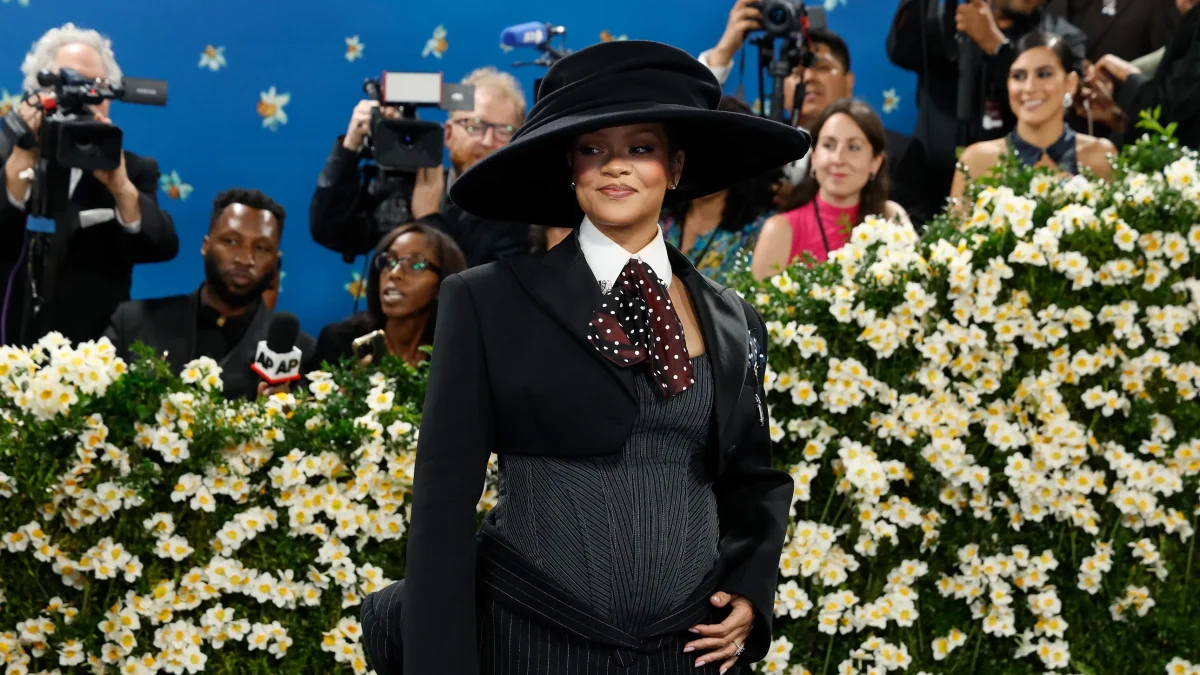By Jessica Meoni
Staff Writer
Expect suspense. Expect denial. Expect rage, hostility, fear, and loss – hopeless, fading, empty loss… but most importantly, expect acceptance. This Fall, the Marywood Players work unwaveringly, day and night, to capture the essence of the tragic charterers found in Michael Cristofer’s play, The Shadow Box. As directed by Dr. Paulette Merchel, the play is set to perform on October 3 at 7:30 p.m., October 4 at 3 p.m. and 7:30 p.m., in the Sette LaVerghetta Center for the Performing Arts. Admission price is $12 for general admittance, $6 for students and senior citizens, and free with a Marywood ID.
Michael Cristofer’s masterpiece, which has won the Pulitzer Prize for Best Drama, and the Antoinette Perry Award for Best Play of 1977, intimately deals with an array of ominous situations one may encounter throughout life. More specifically, the play revolves around three families, all of which are dealing with the devastation of cancer. During the play, the characters attempt to cope with the concerns of fear, inner destruction, misery, alcoholism, depression, memory loss, death, and acceptance.
The Shadow Box is set in 1977 California– a time where everyone was trying to “keep it real” and cling to “far-out” niches in society. However, beneath America’s outlandish lifestyle, a serious, and more destructive world emerges. The three families, who must deal with the news that one of their relations is diagnosed with cancer, contrast greatly with the scale of these times.
The first family is the most conventional of the three, exhibiting the average blue-collar, all-American, middle-class family. Joe, played by junior David Brace, represents a laid-back, working father of one, who has accepted the damage of his cancer. His worrisome wife, Maggie, played by junior Coley Dobosh, lives in denial of this terminal disease. Sadly, Maggie has also neglected telling the news to their optimistic son, Stephen, played by senior Nathan Bradley.
Junior Sean Gibbons plays the role of Brian, a member of the second family, who is viciously irate at his doctor’s diagnosis. His lover, Mark, as played by senior Mike Hurst, finds it extremely difficult to cope with. Junior Rene Arscott plays the role of Beverly – the wild, moneyed, promiscuous ex-wife of Brian. Throughout the course of the play, hostility builds up between Mark and Beverly, who fight over the devotion of Brian whilst his time on Earth dwindles away.
The home of the third family belongs to a bitter, blind, wheel-bound woman named Felicity, and her patient, dutiful daughter named Agnes. Felicity, played by graduate student and administrative assistant of the music department, Patricia Durcell, has suffered with cancer for the past eight years.
According to Purcell, “Each cast member must portray all five stages of death: denial, anger, bargaining, depression, and acceptance, in order to connect with the characters in the play.”
The role of Agnes, played by junior Hannah Botsford, obediently tends to her mother’s needs and wants every hour of the day.
“It gives you an answer to a problem that is not always clear-cut,” adds Botsford. “But it gives hope.” However, the only true hope keeping Felicity alive is seeing her first-born daughter, Claire, who has long been dead.
Throughout The Shadow Box, the role of the Interviewer, performed by junior Becky Lighthizer, plays a crucial role as an observer of the families’ sickness. Viewed almost as a utilitarian figure, or voice from above, the Interviewer asks each of the families’ questions about their daily life in a therapeutic or scientific manner. By this, she wishes to obtain information about their dealings with the cancer and how each family can reach a zenith of acceptance and hope.









